|
|
|
|
Session Ends with a Whimper! Session Ends with a Whimper! In true Senate fashion, a controversial Pharmacy Benefit Manager (PBM) bill—one that sucked the air out of every room—passed the House overwhelmingly after being tucked into a conference report at the last-minute on Wednesday, just one day before session adjourned. More on that later, but first, let us talk tort reform.
LMTA headed into this session cautiously optimistic that we might finally get a couple of lawsuit abuse bills across the finish line. Commissioner Temple led the charge with a full, aggressive package of at least 24 bills aimed at reforming Louisiana’s broken civil justice system—a system that continues to punish truckers and small business owners. There’s no issue that’s hurt our industry more than Louisiana’s parasitic legal system, which thrives on money and greed.
In the end, six of those bills passed, and one was vetoed. We’ve covered them extensively in our updates and included them in our final report. My personal goal this session was a strong modified comparative fault bill (if you’re mostly at fault in a crash, you shouldn’t be able to recover) and a strong medical billing transparency bill.
Everyone knows our sky-high insurance rates are driven by bodily injury claims that are double the national average. That’s possible because medical providers routinely bill 10 times the cash-pay rate—charges that truckers ultimately absorb through their premiums. And not just truckers—every single citizen in this state.
We started with solid bills that tackled this cash-pay issue head-on, but they were watered down thanks to fierce opposition from hospitals and medical groups. Sen. Reese’s SB 231 did make it through and cracks open the door on transparency by allowing billed and paid charges to be seen in cases where health insurance is used. Problem is, in our cases, cash is used 90% of the time—so for commercial auto, it doesn’t move the needle much.
Governor Jeff Landry’s veto of SB 111 was a major blow to meaningful insurance reform. The veto not only undermines reform efforts but also signals a continued tolerance for the lawsuit-driven status quo that’s driving costs through the roof.
Outside of tort reform, we had to deal with the dangerous Wiley bill, which would have essentially handed the insurance commissioner rate-setting authority. It was scaled back on the Senate floor (thankfully), but it was still an unnecessary distraction—more about finger-pointing than real solutions. There were plenty of those this session: controversial and divisive issues that took up time when we should have been focused on fixing the state’s insurance crisis.
Budget battles? Surprisingly quiet. I guess when you’re working with a $50 billion budget and can pull another billion out of savings, budgeting suddenly becomes a lot less painful—and a lot less dramatic.
Now, back to PBMs…
What we saw several times this session were controversial amendments tacked onto otherwise harmless, non-controversial bills. Those bills then became legislative torpedoes—WMDs, really. The House has a bit of a Wild West vibe, while the Senate likes to keep some order and doesn’t appreciate last-minute amendments that bypass public debate or stir up conflict. That difference in style may seem frustrating at times but having both approaches ultimately serves the public better.
So in typical Senate fashion, when the PBM amendment showed up with just one day left in the session, they made a choice. They weren’t going to be bullied by the House—or the governor. We didn’t have a position on that bill, but this kind of maneuvering doesn’t build public trust. In fact, it erodes it.
Until the legislature realizes the citizens of Louisiana are watching, paying attention, and expecting better, we’re going to keep seeing situations like this. We didn’t like it when it happened with the Wiley bill. The public doesn’t like it when they feel shut out. Transparency and open debate—with fair notice and public input—is what’s supposed to happen in the people’s House.
We’ll be spending our entire off-season working on billing transparency for truckers. There’s a lot more work to be done—and we’re not backing down. |
|
|
|
Staying informed and involved is crucial not just during legislative session, but also throughout the year. If you are not receiving our email updates, please sign up for our Action Alerts. |
|
|

